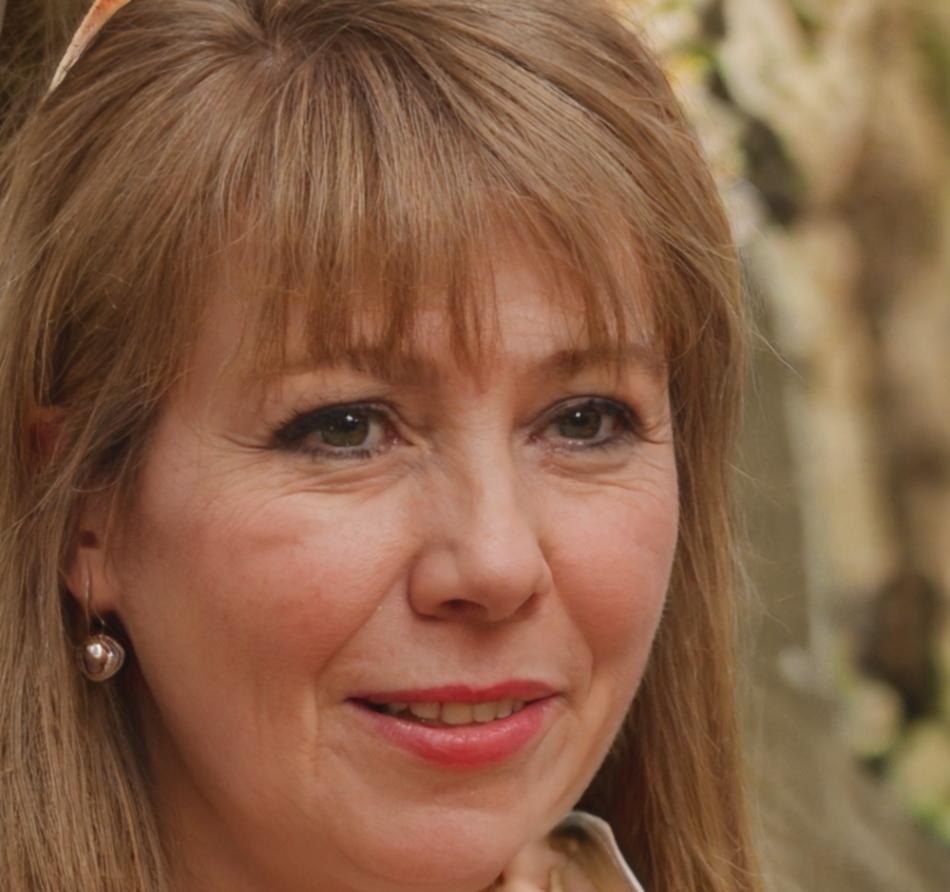Real Stories, Real Results
Discover how our financial scenario modeling approach has helped professionals make smarter decisions and build stronger financial foundations across Australia
Why Reviews Matter
When you're considering financial education, hearing from people who've actually been through the experience makes all the difference. We collect feedback throughout each program and six months after completion.
What really stands out in our reviews isn't just satisfaction with the content — it's the confidence people gain in making financial decisions.


"I came in thinking I understood budgeting, but the scenario modeling completely changed how I approach financial planning. Six months later, I've restructured my entire investment approach and feel genuinely prepared for different economic conditions."
How We Gather Feedback
Week 2: Initial Check-in
We ask about pacing, content clarity, and whether the scenario examples feel relevant to your situation. This helps us adjust approach early if needed.
Mid-Program Assessment
Halfway through, we dive deeper into what's working and what isn't. These conversations often lead to the most valuable program improvements.
Completion Survey
Right after finishing, we capture immediate reactions and gather suggestions while everything's fresh in your mind.
Six-Month Follow-up
This is where we learn about real-world application. What stuck? What proved most valuable? What would you do differently?

What People Actually Tell Us
The most common feedback we get isn't about the technical content — it's about confidence. People tell us they finally understand how to model different economic scenarios and make decisions based on data rather than anxiety.
We also hear about practical changes: restructured savings plans, better investment strategies, and clearer long-term financial goals. But what really matters is that people feel prepared for uncertainty.
The constructive feedback helps us improve too. Recent program adjustments came directly from participant suggestions about pacing and real-world application exercises.
Ready to Share Your Experience?
Our next program starts in August 2025. Join a community of professionals building stronger financial foundations through practical scenario modeling.
View Program Details